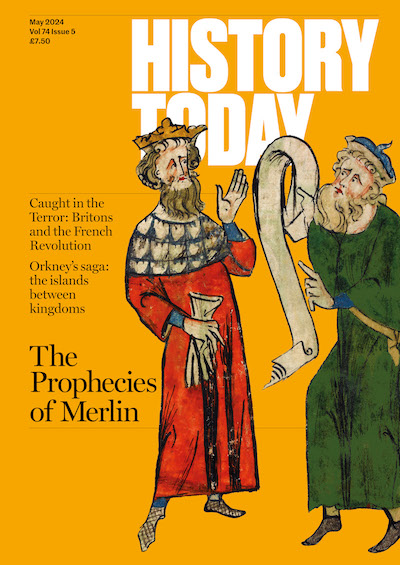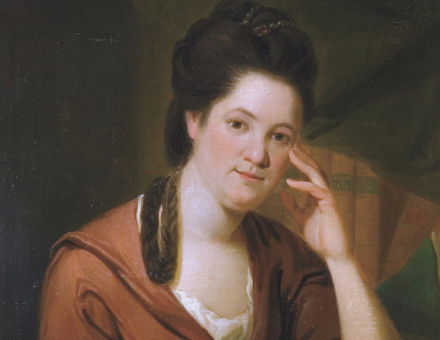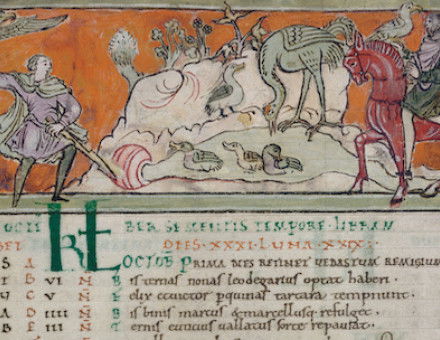Common Cause
Peter Linebaugh finds inspiration in the worldwide and timeless assertion of common rights, expressed in Magna Carta.
It was not until many years later, with the ‘fall of communism’ on the one hand and the movement to ‘reclaim the commons’ on the other, that I began to see that aspects of the commons had a long, long history and could be in some senses universal, like air or water. This understanding has grown slowly, beginning with the persistent glow of childhood memories.
As a child in post-war London I explored bombed-out buildings, taking what I pleased with disregard of danger and private property alike. A year or two later I collected horse-chestnuts on Hampstead Heath for the game of conkers. Once two older boys took from me an air pistol I had taken myself from the rubble of a bombed-out building. ‘All right, mate, you want a fight?’ I discovered the philosophy of ‘easy come easy go,’ and saved myself a bruising. Such were childhood lessons in the ambiguity of English commoning.





